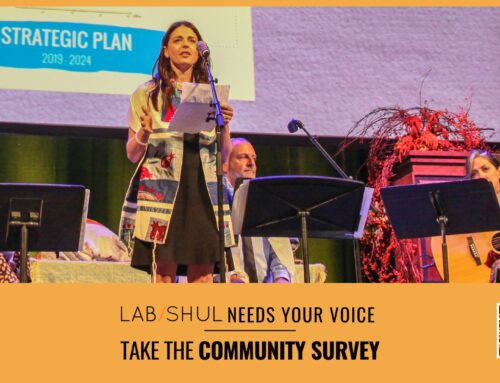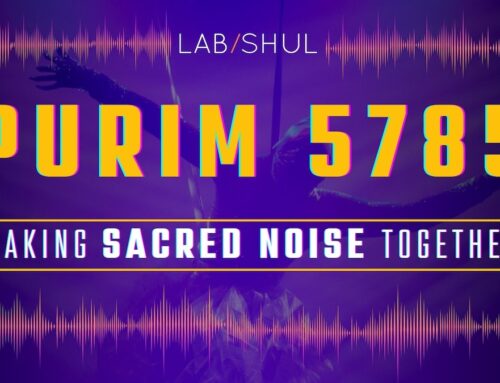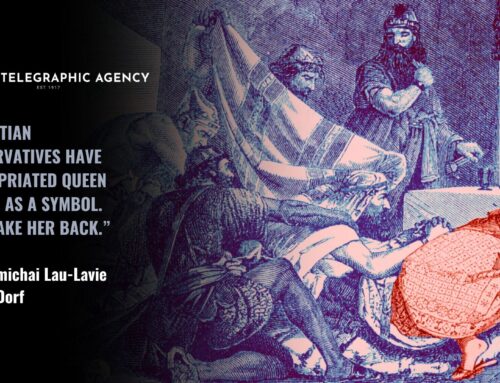One in five New Yorkers are dealing with some sort of mental health challenge. This was just one of the startling facts I learned yesterday from New York City’s First Lady.
Chirlane McCray, very elegant and super friendly, hosted local faith leaders and mental health professionals from all over the city for a festive breakfast at Gracie Mansion. I was honored to be invited and asked to lead a session about the power of storytelling in overcoming addiction and seducing the soul towards recovery and renewal.
The breakfast was part of the important Thrive NYC project, spearheaded by the first lady, taking on the growing epidemic of substance use and mental health issues for New Yorkers of all ages and backgrounds. On May 19th, Lab/Shul will dedicate our Sabbath Queen Friday night worship event at the Educational Alliance’s Sirovich Center to this critical cause. As part of the second Thrive NYC Weekend of Faith, we will join more than 1000 houses of worship all over the city who will shed light on a suffering that is far too often needlessly suffered in silence.

I learned a few other astonishing and heart breaking facts yesterday, as well as some compelling and important take aways that can help me be a better source of support. Together, Lab/Shul can be more conscious of what we can do as a community to foster care and sensitivity towards each other – especially towards those of us in often invisible need.
NYC is seeing higher numbers of mental health needs and is in the midst of a steep rise in the number of deaths due to overdose. Interventions are possible and the role of clergy and communities are now a major point of focus within the roadmap of important tools developed by the Thrive NYC team.
Clergy are the second responders to people’s mental health needs, coming after psychologists but before MD’s, family or friends. Also: clergy suffer from higher rates of depression, and need their own heavy dose of self love and support of others to keep on going… Good to know.

With Passover still fresh in my mind, I shared the story of how only one in five of the enslaved Hebrews chose to leave Egypt. Four of five stayed behind in familiar slavery instead of taking a risk to change for something better.
How does that story meet the one in five figures we just heard?
How do stories – sacred, ancient, modern, ours, and those of others – help us make sense of our lives and map out roads for recovery?
Stories, I suggested, can seduce the soul to confront addiction, substance abuse and other mental health challenges. Story IS substance – one of the oldest and most powerful tools we as human posses to cultivate courage to change, empathy with all forms of suffering, and the resilience to hope and have big visions for better living.
I held up a small framed picture with two quotes that I had just received as a Passover gift. One of the quotes, by R. Nahman of Breslov, reminded us: “The Exodus from Egypt occurs in every human being, in every era, in every year, and in every day.”
Lab/Shul is proud to be included in this important conversation and project. We look forward to exploring our paths together further on May 19 and in the months ahead, as part of our missions towards better balanced lives. There may not always be a happy end, but the road can certainly hold more care, compassion and love.
Here’s to the stories that will help us seduce our souls and the soul of society – for good.
Thank you First Lady and your tireless team!
– Rabbi Amichai Lau-Lavie
April 20, 2017










